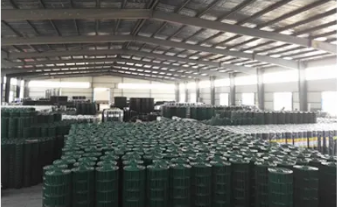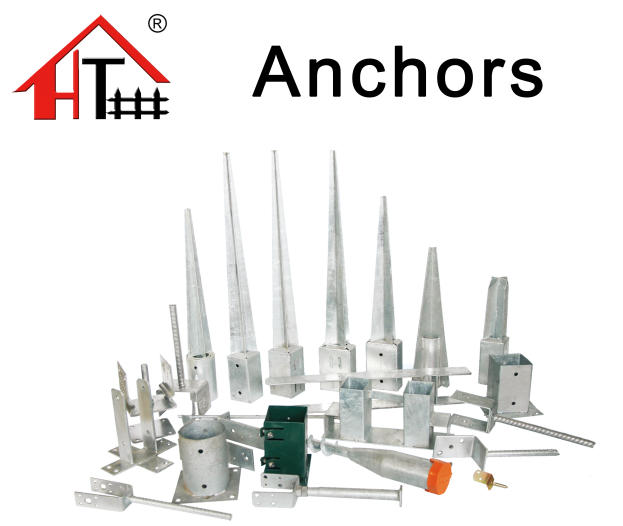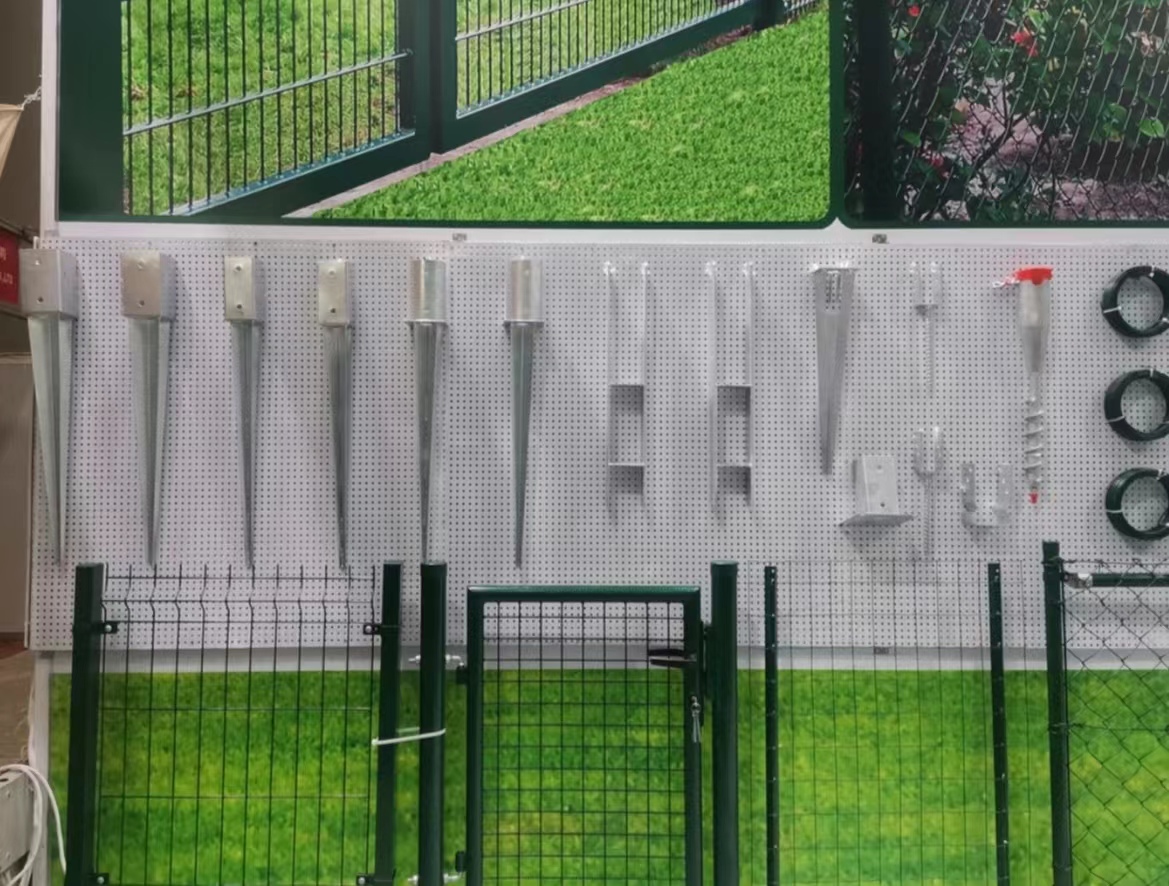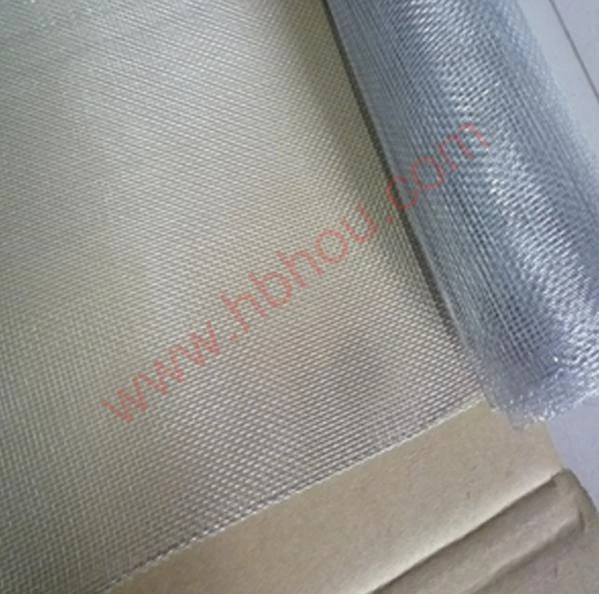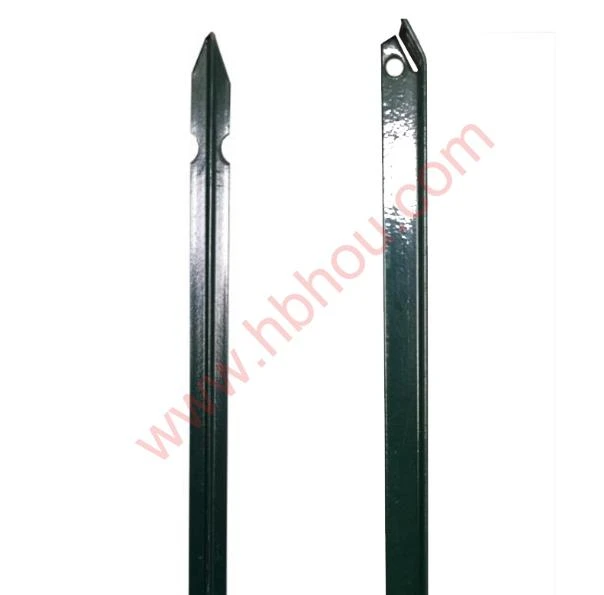Can You Set Fence Posts in the Winter?
Installing fence posts is a task that many homeowners might consider undertaking at various times throughout the year
. However, when winter rolls around, the question arises Can you set fence posts in the winter? The answer is yes, but several factors need to be taken into account to ensure a successful installation while dealing with the challenges posed by cold weather.Firstly, winter conditions can present unique challenges compared to other seasons. Ground conditions are often frozen, which can make digging post holes more difficult. If the ground is solidly frozen, using a traditional post hole digger may be practically impossible. In such cases, using a power auger can be a feasible alternative, as these tools can break through the ice and reach the unfrozen soil beneath. It may also be beneficial to wait for a day when temperatures rise slightly above freezing, as this can soften the top layer of frost and make the digging process easier.
Timing is crucial when planning to set fence posts in winter. Choosing the right day with manageable temperatures can make a significant difference. Additionally, it's essential to consider the length of the day—shorter days in winter mean less time for outdoor work. Therefore, planning your installation for a sunny day can provide the warmth needed, and also helps to maximize daylight.
When it comes to the actual installation of the posts, ensuring that the concrete or other anchoring method used is suitable for cold weather is important. Regular concrete mixtures can freeze, which can hinder the setting process and compromise the strength of the posts. To avoid this, consider using a quick-setting concrete mix that is designed for cold weather. These products are formulated to cure quickly, allowing for a solid installation even in freezing conditions.
can you set fence posts in the winter
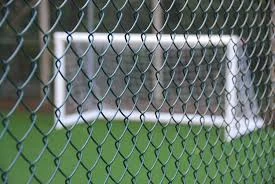
Another option is to use gravel as a base for the fence posts instead of concrete. Gravel drains water efficiently and ensures that the posts remain stable without the risk of freezing. When using gravel, make sure you compact it properly and allow for enough material around the post to provide stability.
Furthermore, it’s worth noting that the type of fence you are installing also impacts winter installation. For instance, wood posts may be susceptible to moisture and freezing temperatures, which could lead to warping or splitting if not treated properly beforehand. On the other hand, metal or vinyl posts may perform better in colder weather, providing durability and resilience against the elements.
Lastly, don't overlook personal safety when working in winter conditions. Dressing in layers, wearing insulated gloves, and being mindful of icy surfaces can help prevent accidents. Preparing the site by clearing away snow and ice will create a safer and more manageable working environment.
In conclusion, while setting fence posts in winter is certainly possible, it requires some additional planning and consideration. By selecting the right tools, materials, and timing, and by taking safety precautions, you can successfully complete your fencing project even in the cold months. Embracing the challenges of winter construction can lead to a rewarding outcome, with the satisfaction of having a securely installed fence that stands strong against the elements year-round.









